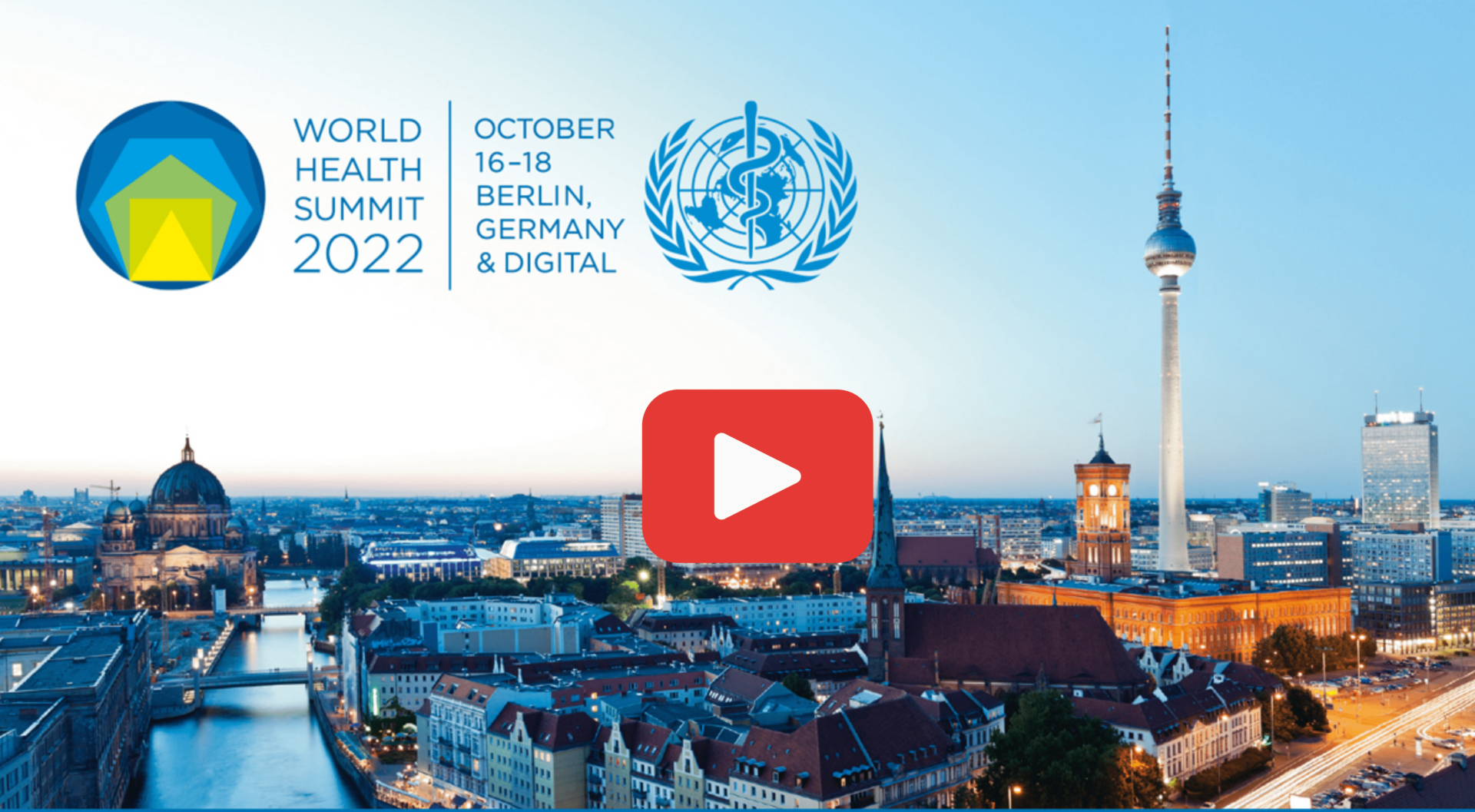Last week’s World Health Summit featured three intense days of high-level events dedicated to improving global health.
The Global Solutions Initiative hosted the panel “Securing Global Health for the Socio-Economic Transformation.” Chaired by Ilona Kickbusch, the discussion shed light on the feedback loop underlying the relationship between public health and social well-being.
The discussion kicked off with a video statement from Dennis Snower, who called for a wider understanding of well-being as a prerequisite for boosting public health. Panelists stressed the importance of international cooperation in policymaking as well as the need to apply public and private funding to improve health equity, advance the socio-economic transformation and unleash the benefits of global health for everyone, particularly in the Global South.
Panelists Dirk Meyer and Tania Rödiger-Vorwerk from the Federal Ministry for Economic Cooperation and Development (BMZ) observed the current global transition towards more holistic and cross-sectoral approaches in policymaking in the face of climate change and the pandemic, while stressing that much remains to be done.
Much of the discussion focused on moving past GDP to measure well-being. Snower noted the need to make this a reality by measuring criteria like solidarity, agency, material gain, and a sustainable environment. Secretary General Markus Engels (GSI) summed up the danger of overrelying on GDP: “Measuring growth solely in material terms doesn’t mean anything if we destroy communities.”
Watch the panel here:

For more on the WHS: https://www.worldhealthsummit.org/
